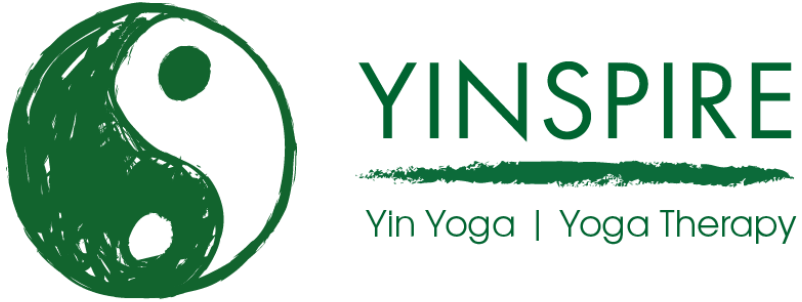An interesting article I came across last week:
Six Distinct Subtypes of Depression, Anxiety Identified Via Brain Imaging
Of interest is the blurred line between Depression and Anxiety, and the different sub types identified. Lets unpick that.
First, the blurred line. Historically Depression and Anxiety have been seen as different things, however experience by therapists in practice shows they often present together, and are often blurred, to a degree feeding off each other. This doesn’t mean everyone who is anxious is depressed or vice versa, but there tends to be a correlation. Its good to see this being investigated in the round.
Second, the different sub types. Our brains have various networks, think of that as interconnected pathways, and the research looked at in this article has identified that different networks are activated in different people. This makes sense, as peoples experience of depression and anxiety is very personalised. Many factors, biological, social and psychological will shape our we respond to, and experience, external stimuli, and how depression and anxiety take root and are experienced, however all to often the treatment and support can be very homogeneous – “one size fits all” – this is a step the other way, as the article says “Depression is a highly heterogeneous disease”. In practice it will be some time until this more nuanced approach filters down to day to day care.
So what of Yoga? As a Yoga Therapist you’d expect me to say “Yoga is great for Depression and Anxiety”. In all honesty, maybe, maybe not. As this article suggests, depression and anxiety show up differently in different peoples brains, and therefore just as one size fits all medical care doesn’t work, a one size fits all Yoga approach doesn’t work. It maybe a slower Yoga approach is needed for some, a focus on relaxation; for others a more dynamic Yoga practice; for others a focus on breathing and the nervous system. For some people a carefully curated Yoga practice may be the only support needed, in other cases Yoga may be part of a range of medical, holistic and complementary interventions. Being host, in some cases Yoga may not help at all.
What I would say is that Yoga for Depression and Anxiety benefits with working one on one with an experienced Yoga Teacher or Yoga Therapist, and also Yoga is never a quick fix. Simple Yoga practices, worked with over time will help most people in most cases.
